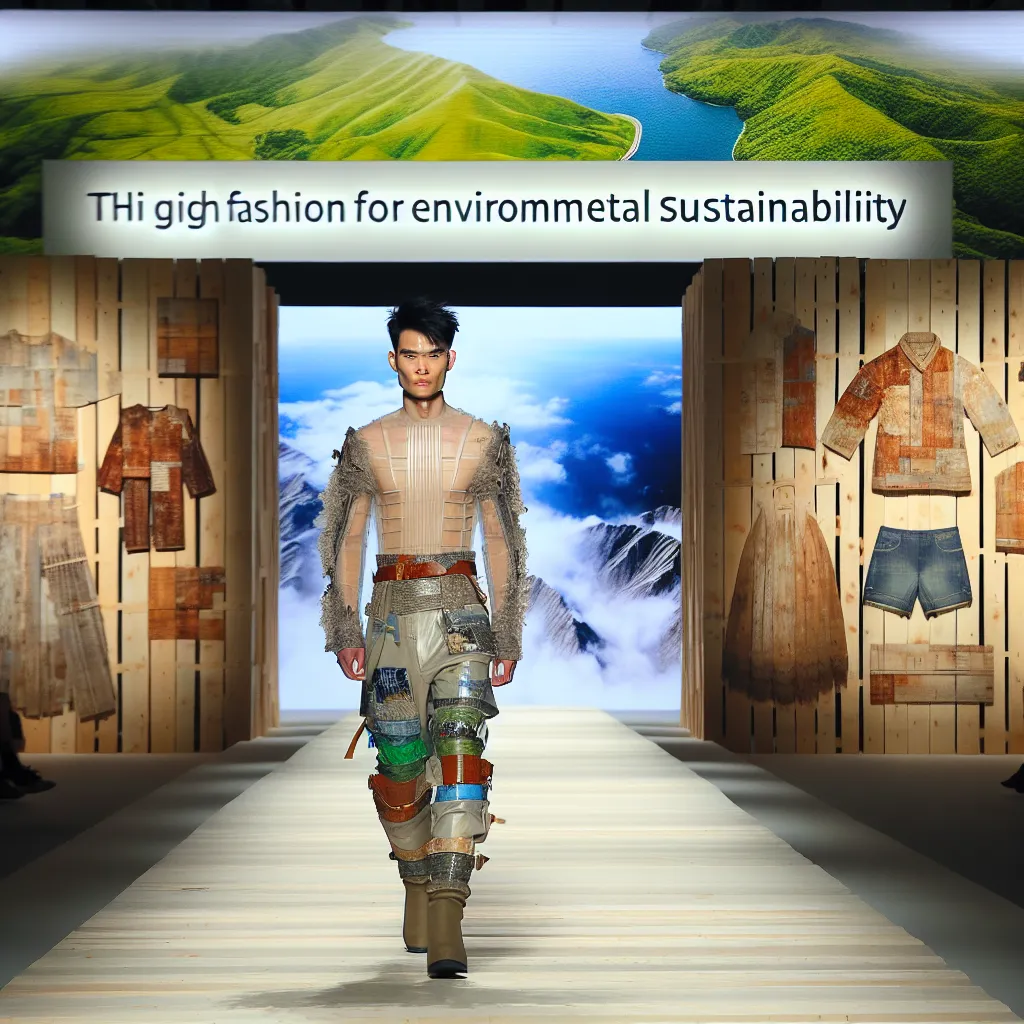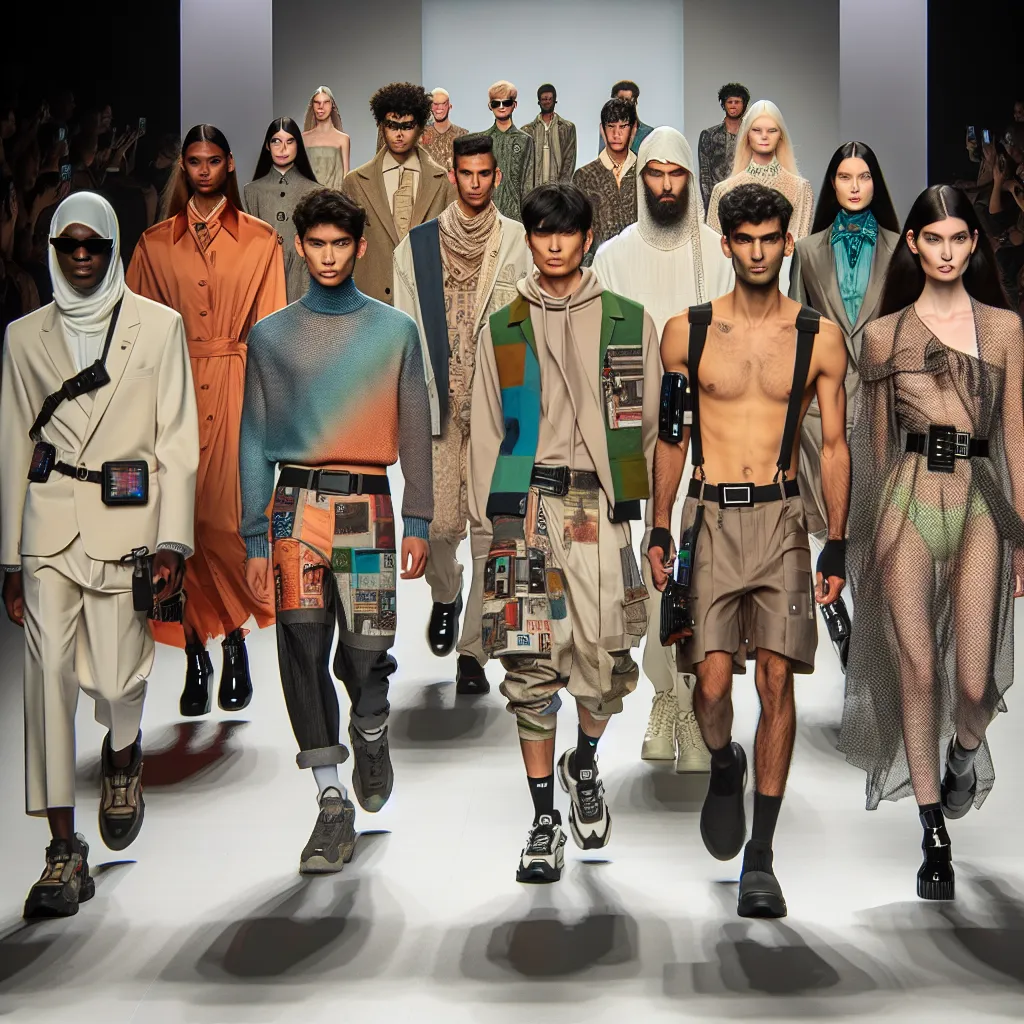The Impact of Sustainable Fashion on the Environment and the Industry
As the world becomes more environmentally conscious, sustainable fashion has emerged as a prominent trend, revolutionizing the fashion industry. The impact of sustainable fashion on the environment and the industry is significant, as it strives to minimize the carbon footprint and reduce the environmental degradation caused by the traditional fashion production process. Eco-friendly trends are taking over the runway, emphasizing the importance of ethical and eco-conscious practices in the fashion world.
Sustainable fashion focuses on creating clothing using environmentally friendly materials, promoting fair labor practices, and reducing waste throughout the production and consumption stages. By utilizing sustainable materials such as organic cotton, hemp, and recycled fabrics, the fashion industry reduces the reliance on non-renewable resources and minimizes the pollution caused by conventional textile production.
Furthermore, the rise of sustainable fashion has prompted a shift in consumer behavior, with more people opting for eco-friendly and ethical clothing choices. This change in consumer mindset has led to a greater demand for sustainable fashion, encouraging the industry to adapt and embrace environmentally friendly practices. As a result, fashion brands are increasingly incorporating sustainability into their core values, leading to a transformation in the way fashion is produced and consumed.
In addition to its environmental impact, sustainable fashion has also influenced the industry by fostering innovation and creativity. Designers are exploring new techniques and methods to create stylish and eco-conscious clothing, challenging the traditional norms of fashion design. This has paved the way for collaborations, research, and investments in sustainable fashion, driving positive changes within the industry.
In conclusion, the rise of sustainable fashion has sparked a positive transformation, making a significant impact on the environment and the fashion industry. With eco-friendly trends taking over the runway, the shift towards sustainable fashion is set to continue, shaping a more environmentally responsible and ethical future for the world of fashion.
How Sustainable Fashion Is Reshaping the Future of Clothing Design
The rise of sustainable fashion has sparked a transformation in the clothing design industry, reshaping the future of how garments are created and consumed. Eco-friendly trends are taking over the runway as designers and brands prioritize ethical and environmentally conscious practices in their collections. This shift towards sustainability has led to innovative approaches in clothing design, utilizing biodegradable materials, eco-friendly dyes, and zero-waste techniques.
Sustainable fashion is reshaping the future of clothing design by integrating principles of environmental responsibility and ethical production. Designers are reimagining traditional manufacturing processes, opting for organic and recycled materials to reduce the environmental impact of the fashion industry. The emphasis on durability and longevity in clothing design encourages timeless styles and high-quality craftsmanship, moving away from the fast fashion model that contributes to excessive waste and pollution.
Moreover, sustainable fashion is challenging the conventional norms of design by fostering a deeper connection between consumers and their clothing. Transparency in the supply chain and production methods allows individuals to make informed choices, promoting a shift towards conscious consumerism. As a result, the future of clothing design is evolving to encompass a holistic approach that values sustainability, ethics, and innovation, paving the way for a more eco-conscious and responsible fashion industry.




